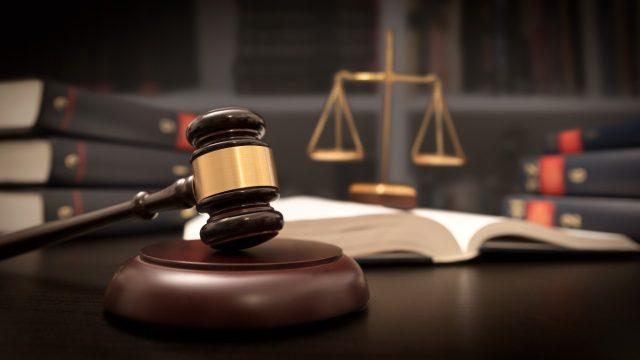Privacy law, particularly concerning commercial exploitation, addresses the protection of an individual’s personal information and the potential misuse or unauthorized dissemination of such data for profit or other commercial purposes.
In an increasingly digital and interconnected world, concerns about privacy law and data protection have become paramount as companies collect vast amounts of personal data for various purposes, including targeted advertising, data analytics, and customer profiling.

Regulatory Frameworks:
Many countries have established privacy laws and regulatory frameworks to govern the collection, storage, and use of personal data by commercial entities.
These laws often require businesses to obtain informed consent from individuals before collecting their data and to provide clear information on how they will use it.
Data Breaches and Cybersecurity:
Commercial exploitation of personal data also raises concerns about data breaches and cybersecurity. When companies fail to adequately protect sensitive data. Unauthorized access and potential harm can result when individuals’ information is exposed.
Transparency and Informed Consent:
A central tenet of privacy law is to ensure that individuals understand how their data is used and make informed choices about sharing it.
Businesses must be transparent about their data practices and provide clear, accessible privacy policies.
Targeted Advertising and Consumer Profiling:
Commercial exploitation of personal data allows businesses to engage in targeted advertising and consumer profiling. This can lead to personalized user experiences but raises concerns about data-driven discrimination and consumer manipulation.
Cross-Border Data Transfers:
In an interconnected global economy, businesses often transfer personal data across borders for commercial purposes. Privacy laws must address cross-border data transfers and ensure data protection regardless of location.
Emerging Technologies:
Advancements in technology, such as artificial intelligence and machine learning, have further complicated the commercial exploitation of personal data. These technologies can analyze vast amounts of data to draw inferences and make predictions. Raising questions about the accuracy also fairness of such profiling.
Enforcement and Compliance:
Effective privacy laws must be accompanied by robust enforcement mechanisms to hold businesses accountable for violations and non-compliance. Fines and penalties can act as deterrents also encourage businesses to prioritize data protection.
Conclusion
Privacy law plays a critical role in safeguarding individuals’ rights and maintaining trust in the digital age. Addressing the commercial use of personal data requires balancing innovation also privacy protection.
As technology evolves, privacy laws must adapt to ensure ethical use of personal data in commerce.
Striking this balance is essential for a privacy framework that promotes innovation also respects individual rights in the digital economy. 온라인카지노사이트

